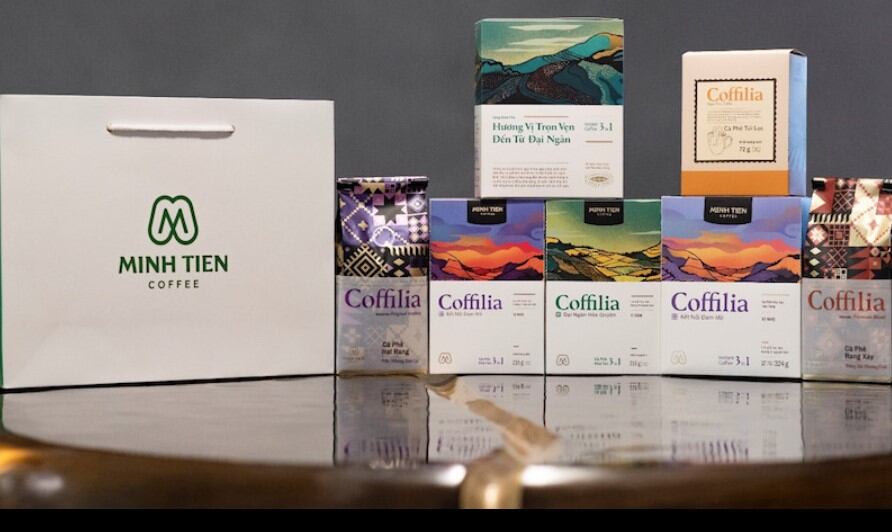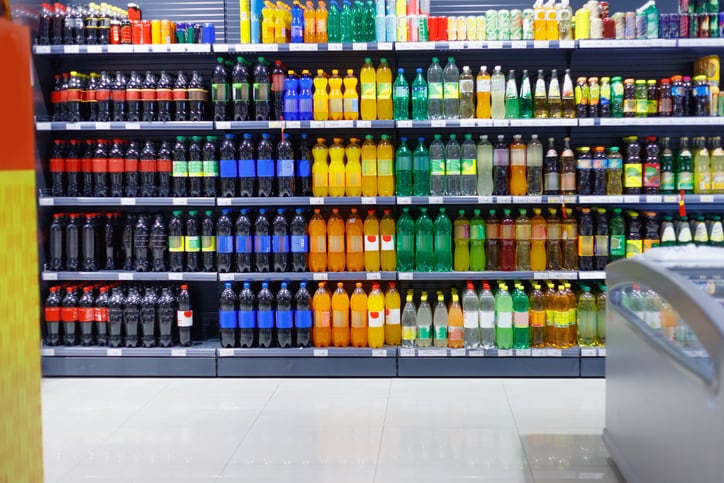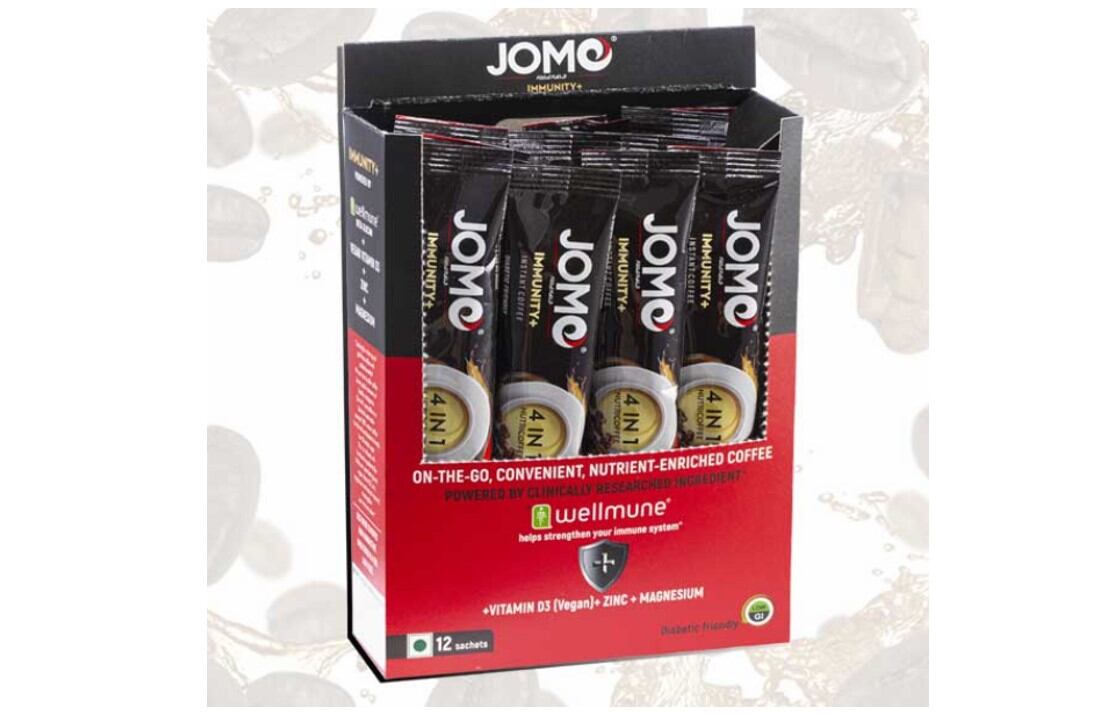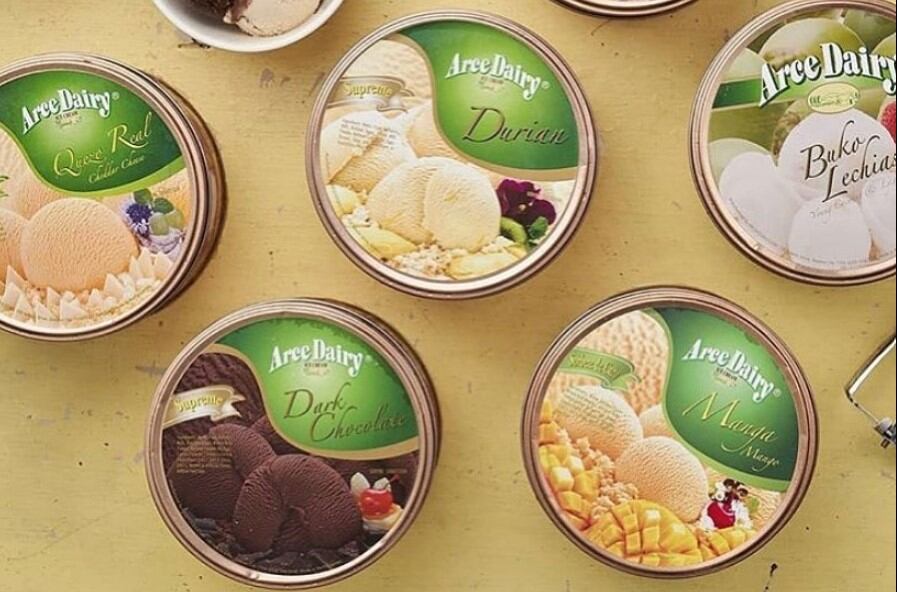Established in 2000, Minh Tien Group’s coffee has been exported to Europe, United States and Japan. Coffee conglomerates such as Neuman, Marubeni, Mitsui source a substantial part of their raw coffee supply from Minh Tien Group.
The company is now eyeing an expansion into UAE and Kuwait in 2023, cited as nations with high demand for coffee and a diverse, lively coffee culture, according to Nguyen Thi Hong Minh, chairwoman of Minh Tien Group.
“We confidently assess the Middle East to be a lucrative market. Between 2018 and 2019, the number of coffee imports in the UAE increased by almost 22%, while other countries in the Gulf experienced a 5% average growth.
“UAE is a logistics hub of the Middle East. Therefore, successfully entering the UAE’s coffee scene certainly would help Minh Tien acquire a promising premise toward subsequent market entry in nearby nations.
“Kuwait is a significantly smaller market, however the consumers are beginning to be open-minded with innovative products from Vietnam. In particular, Vietnamese iced coffee is among Kuwaiti’s top choices for coffee.”
Currently, Minh Tien Group is conducting market research and intends to sell coffee products at retail points including supermarkets, coffee shops, and offices in these countries in early 2023.
As part of its marketing strategy in the Middle East, it will tap on television and social media platforms to effectively reach the mass audience in the Middle East.
“Our expansion strategy is to provide high-quality products of legitimate, organic, and distinguished origin, while being beneficial for general health, bringing our products into Asian supermarket chains or large, premium supermarket chains,” Nguyen said.
Sustainable model
“The Gulf is a region of great prospects. In recent years, consumers in the Gulf are more open-minded to experience new products, demanding for high-quality and specialty coffee, beneficial for general health, environmentally friendly, and feature strong flavour,” she added.
Minh Tien Group owns several agriculture estates to grow Arabica coffee trees such as Son La, Lam Dong. Son La is the largest Arabica farmland in the country, well-known for producing coffee with a sour and fruity taste profile.
Vietnam is currently ranked second in the world in terms of coffee export volume.
The Minh Tien Group also adopts a circular economy model for its business as a sustainable alternative instead of a traditional linear economy.
This means that every by-product at each stage of its production will be repurposed and recycled as materials for later productions of other products in its ecosystem, maximizing the value of the coffee tree.
There are five stages to its closed-loop production cycle, starting with the harvesting of green coffee beans which are then exported as raw coffee beans or processed into roasted ground coffee or instant coffee and sold under the Coffilia brand.
From these processing steps, the skins of green coffee beans are manually removed by hand and freeze dried into a tea, sold under the Ha Chuc Cascara Tea brand.
Also from the processing stages, parchments will be left behind, which will serve as a material for another product line. The coffee parchments are combined with corn, sweet potato, and cassava starch, rice husks, and bioplastics including PLA, PBAT, and PVA to create 100% fully biodegradable packaging under the Namigo brand.
Namigo bio packaging can decomposed into water and CO2, within six to 12 months under composting conditions.
Leftover coffee parchment, pulp, skin and other by-products can also be composted to make organic fertilisers.
The organic fertilizer is not commercialised by Minh Tien Group, however, it is used to fertilise the coffee trees on its farmlands.
Minh Tien will bring all five products, the green coffee beans, Coffilia coffee brand, Ha Chuc Cascara tea, Namigo bio-degradable package, and organic fertiliser into Middle East.




